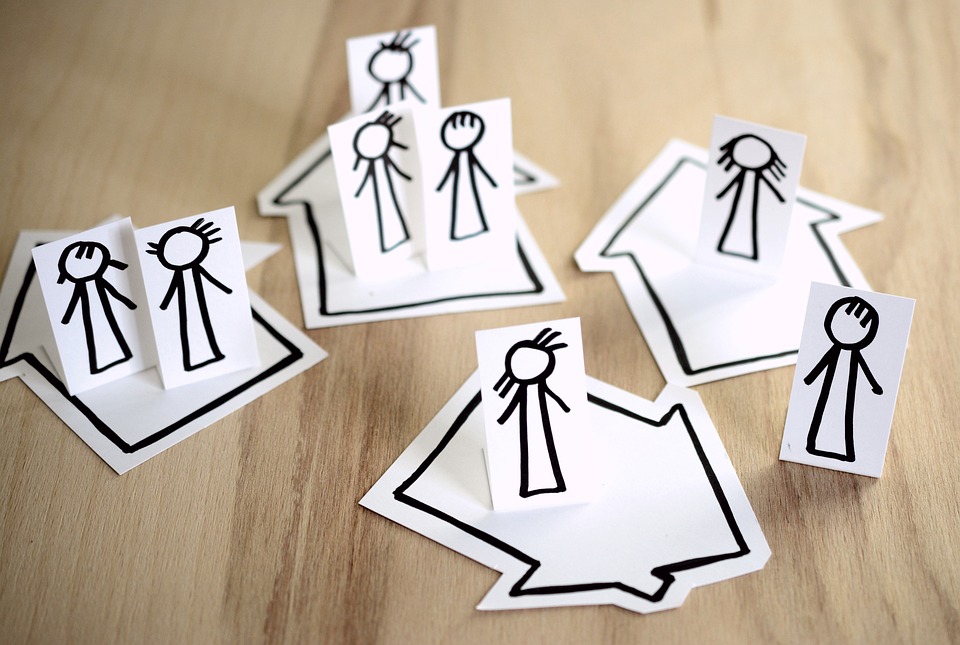Socialization is a vital aspect of a child’s development as it helps them learn important skills such as communication, empathy, and cooperation. Building strong peer relationships is crucial for kids to thrive in social settings, both in school and in other settings. Nurturing these relationships can help children develop confidence, resilience, and emotional intelligence.
One way to help kids thrive in social settings and build strong peer relationships is by encouraging them to engage in group activities and team sports. These activities provide kids with opportunities to interact with others, work towards a common goal, and develop a sense of camaraderie. Being part of a team can also help kids learn important values such as teamwork, leadership, and sportsmanship.
Parents can also help their children develop strong peer relationships by teaching them good social skills, such as how to communicate effectively, show empathy, and resolve conflicts peacefully. Encouraging kids to practice these skills in their everyday interactions can help them build positive relationships with their peers and navigate social situations with confidence.
It is important for parents to listen to their children’s concerns and offer support and guidance when they are facing social challenges. Encouraging open communication and providing a safe and supportive environment for kids to express their feelings can help them feel more comfortable and confident in social settings.
Parents can also help kids build strong peer relationships by facilitating playdates and encouraging them to make new friends. Setting up opportunities for kids to socialize with their peers outside of school can help them develop social skills and build lasting friendships.
In addition, parents can help kids thrive in social settings by being positive role models and demonstrating good social behaviors themselves. Showing kindness, respect, and empathy towards others can help children learn how to interact with their peers in a positive and respectful manner.
Ultimately, helping kids thrive in social settings and nurturing strong peer relationships requires patience, understanding, and support. By encouraging children to engage in group activities, teaching them good social skills, and providing guidance and support when needed, parents can help their children develop meaningful relationships with their peers and navigate social situations with confidence. By investing in their social development, parents can help their children build the skills and resilience they need to thrive in any social setting.
Luxury Items for Moms - 70% OFF at ClassyLuxe.com
Younger Glowing Skin - Discover Ancient Ayurvedic Secrets at DoctorIndiaHerbals.com
Explore One of the Largest Collections of Dinosaur-Themed Toys, Games, Gifts, Decor, and More at DinoAvenue.com
Empowering Moms at Every Step - www.SuperMommy.io
Discover Premium Design Elevator Shoes for Men and Women at LondonCobblers.com
Discover Hidden Family Destinations for Vacations at Places.Travelz.io
Find the Best Deals on Airfare and Hotels with Advanced Metasearch Technology at www.Travelz.io

